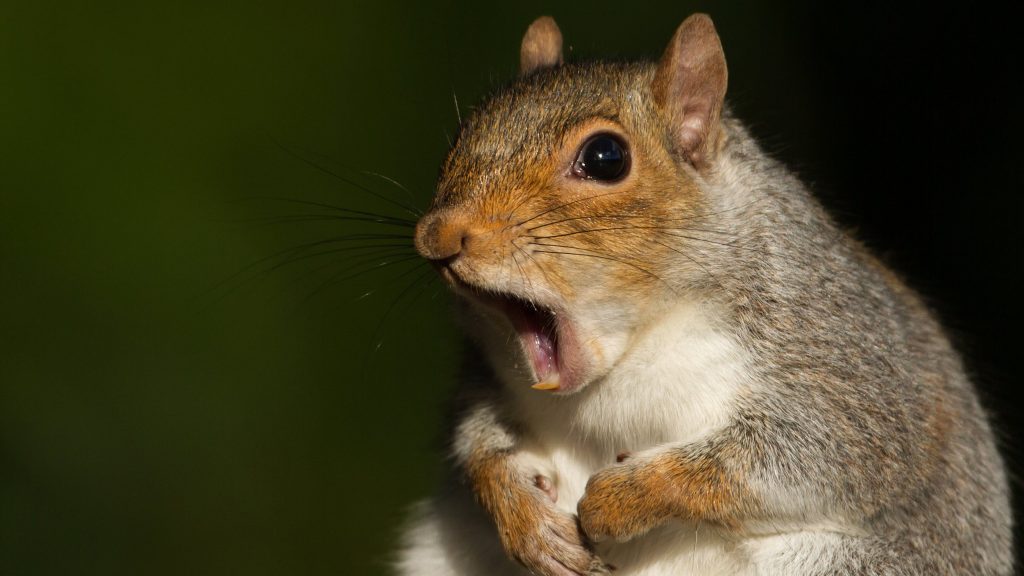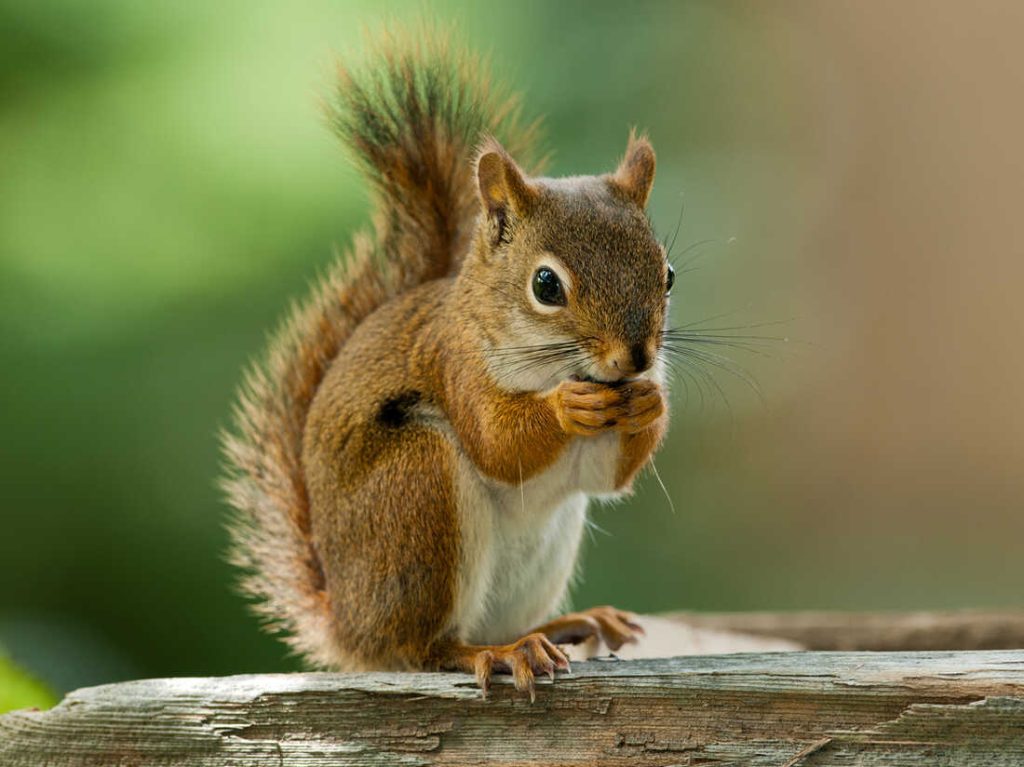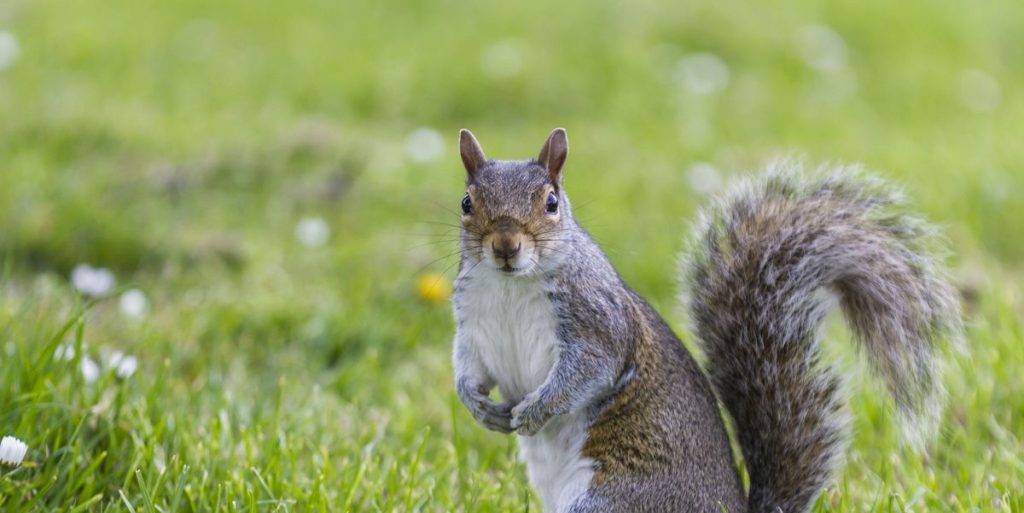Squirrels can cause significant damage to gardens and crops, especially during the fall when they are busy gathering food for the winter. They can dig up bulbs, eat fruits and vegetables, and damage trees and plants. Fortunately, there are several ways to prevent squirrels from damaging your garden and crops. In this article, we will provide a detailed description on how to prevent squirrels from damaging your garden and crops.

Use Physical Barriers
One of the most effective ways to prevent squirrels from damaging your garden and crops is to use physical barriers. These include netting, fences, and cages. You can use netting to cover your garden beds and protect your crops from squirrels. Make sure to secure the netting properly so that squirrels cannot get underneath it.
You can also use fences to keep squirrels out of your garden. Use a fence that is at least four feet tall and bury it at least six inches underground to prevent squirrels from digging underneath it. Additionally, you can use cages to protect individual plants or trees. Make sure to use a sturdy cage that covers the entire plant or tree and that has a secure locking mechanism.
Use Repellents
Another effective way to prevent squirrels from damaging your garden and crops is to use repellents. These include natural repellents, such as hot pepper spray, and chemical repellents, such as predator urine. Hot pepper spray is made by mixing one tablespoon of hot pepper sauce with a quart of water. Spray the mixture onto your plants and vegetables to keep squirrels away.
Predator urine, such as coyote or fox urine, can also be used to deter squirrels. You can purchase predator urine from garden centers or online. Spray the urine around the perimeter of your garden or in areas where squirrels are known to frequent.
Plant Squirrel-Resistant Plants
Planting squirrel-resistant plants is another way to prevent squirrels from damaging your garden and crops. These include plants that have a strong scent or taste that squirrels do not like. Some examples include garlic, onions, chives, and daffodils.
Additionally, you can plant vegetables and fruits that squirrels do not like. These include tomatoes, peppers, eggplants, and strawberries. Make sure to plant these crops in an area that is protected by netting or a fence to keep squirrels from accessing them.

Provide Alternative Food Sources
Squirrels are attracted to gardens and crops because they are a source of food. Providing alternative food sources can help to keep squirrels away from your garden and crops. You can provide food for squirrels in a separate area of your yard, such as a squirrel feeder or a bird feeder. This will divert their attention away from your garden and crops.
Scare Tactics
Scare tactics can also be used to prevent squirrels from damaging your garden and crops. These include visual and auditory scare tactics. Visual scare tactics include hanging shiny objects, such as CDs or aluminum foil, around your garden. This will create a reflection that will scare squirrels away.
Auditory scare tactics include using loud noises, such as a radio or a motion-activated sprinkler. This will startle squirrels and discourage them from returning to your garden.
Maintain Your Garden
Maintaining your garden can also help to prevent squirrels from damaging your crops. Remove any fallen fruits or vegetables from the ground, and keep your garden clean and tidy. This will discourage squirrels from coming into your garden in search of food.
Additionally, pruning trees and shrubs can help to keep squirrels away from your garden. Squirrels use trees and shrubs as a means of accessing gardens and crops. By pruning them, you will make it more difficult for squirrels to reach your garden.

In conclusion, preventing squirrels from damaging your garden and crops requires a combination of physical barriers, repellents, planting squirrel-resistant plants, providing alternative food sources, scare tactics, and maintaining your garden. By following these tips, you can protect your garden and crops from squirrels and enjoy a bountiful harvest.